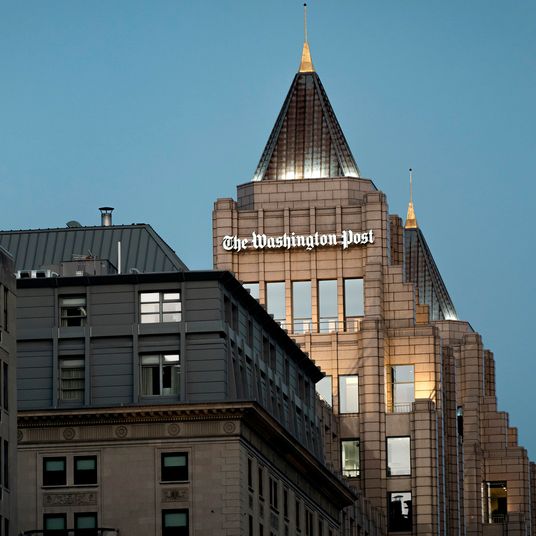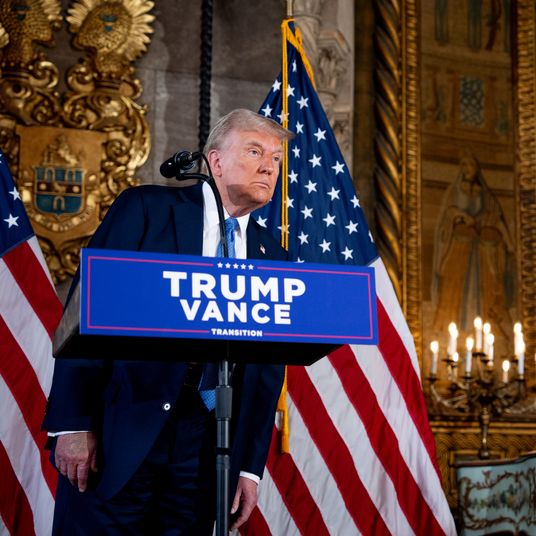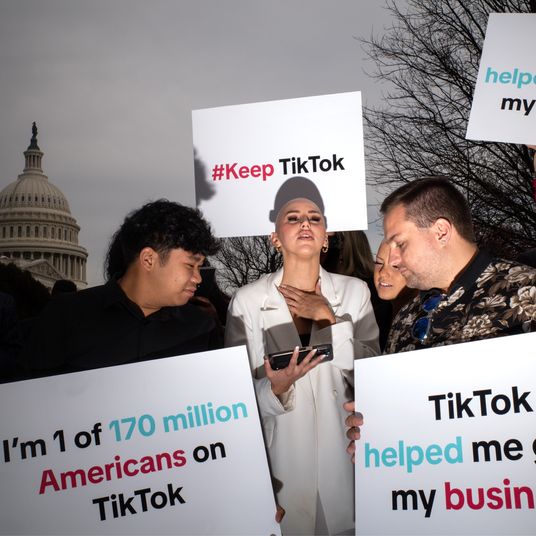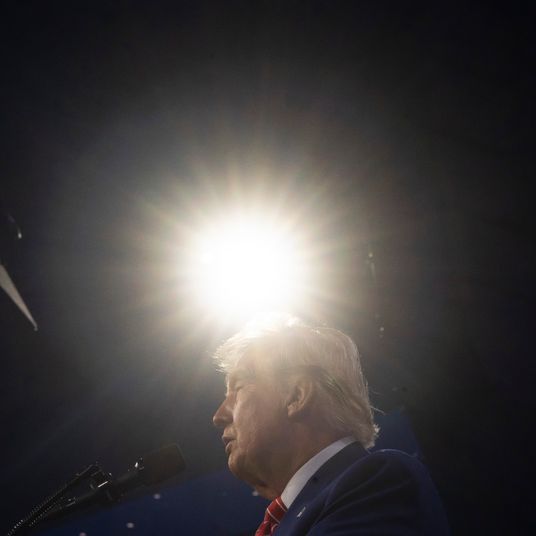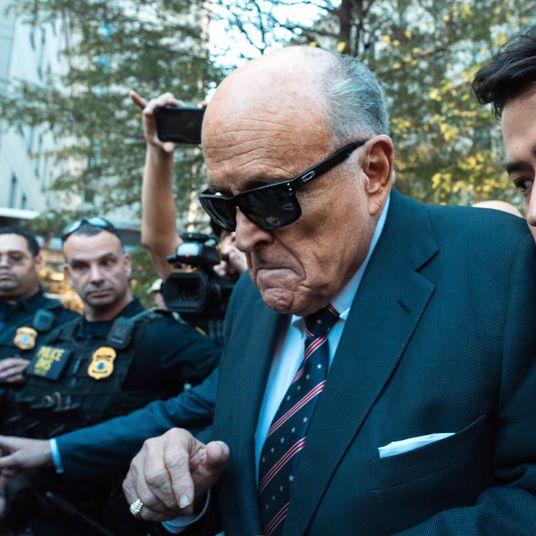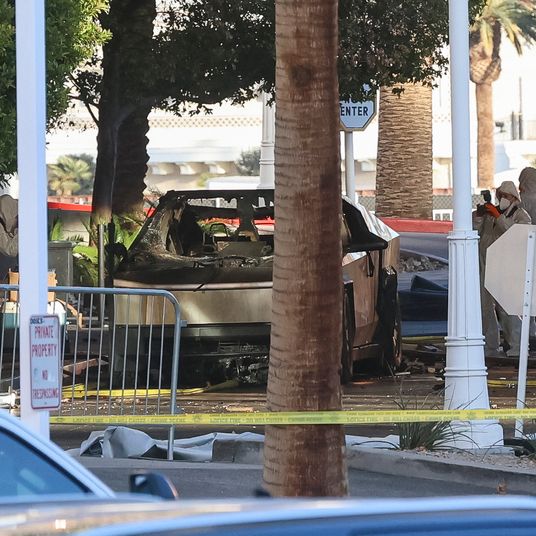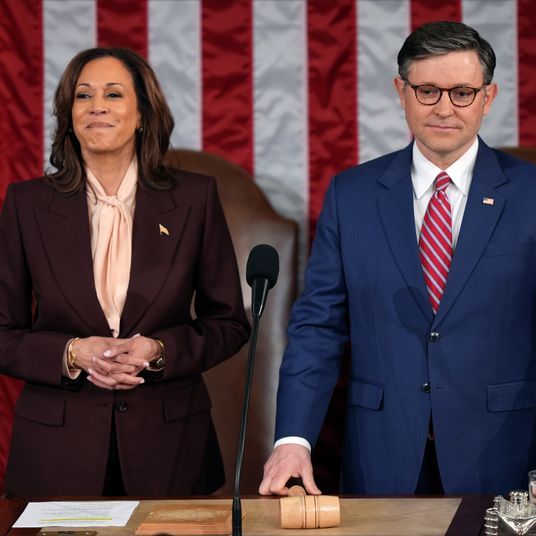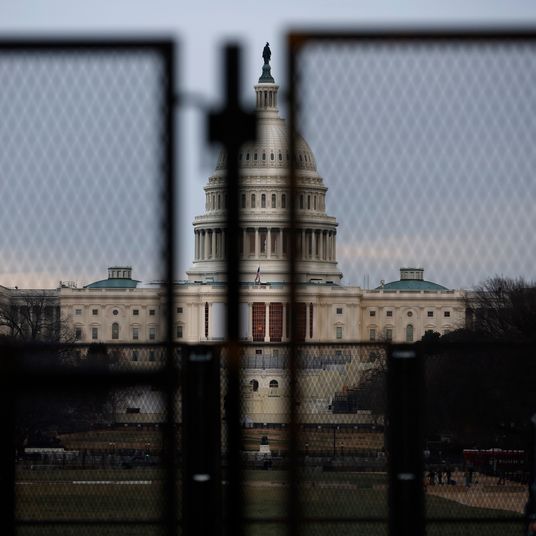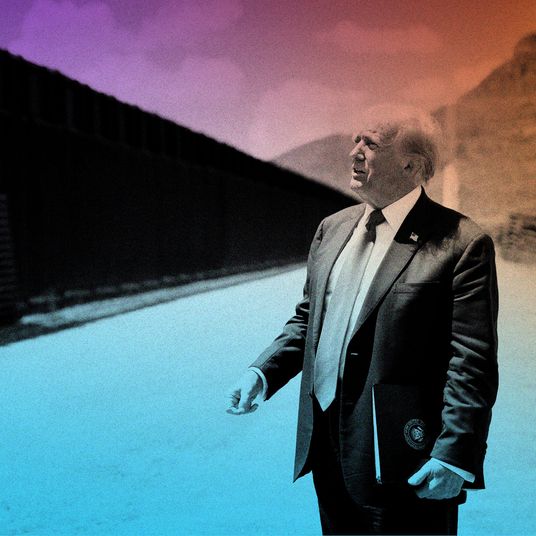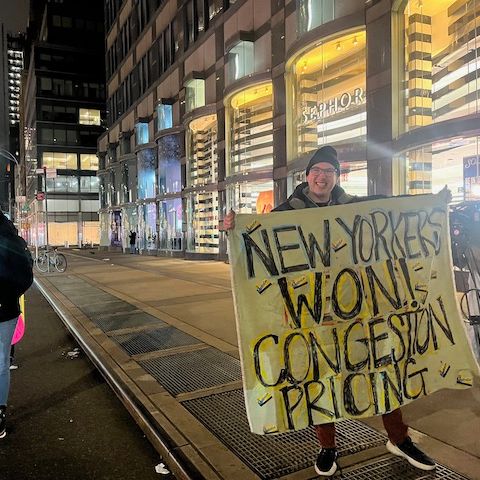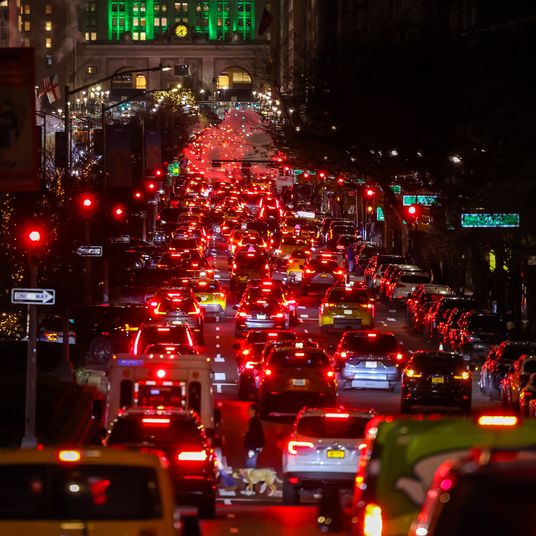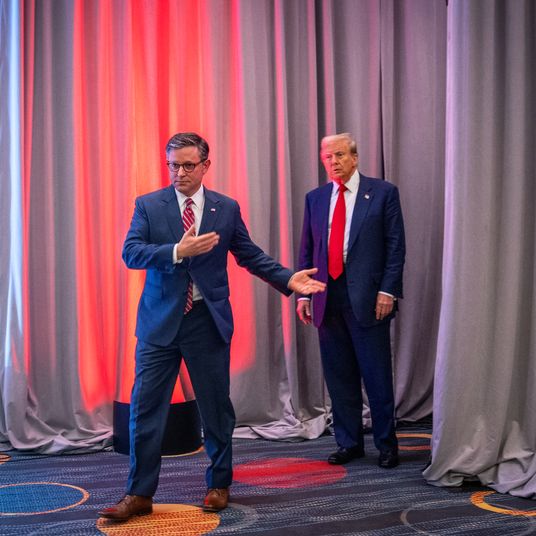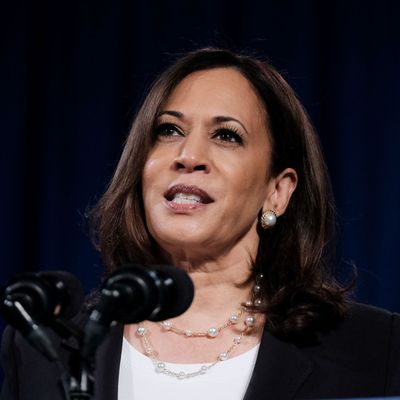
The debate on a distanced and plexiglassed stage on Wednesday night will bear little resemblance to the one Kamala Harris and Mike Pence started preparing for earlier this fall. When they began studying up for their Salt Lake City showdown, no one was speaking openly about presidential succession. But with the 74-year-old Donald Trump’s COVID-19 diagnosis and hospitalization upending the political universe late last week, it’s safe to bet that the question of preparedness for the top job is now inescapable. That goes not only for Pence, 61 and head of the White House Coronavirus Task Force, but also for the 55-year-old Harris, whose own ticket partner, Joe Biden, is 77 and shared a debate stage with a possibly infectious Trump last week. And if elected, Biden would be several years older on day one of his administration than any previous president.
If the ex-VP and California senator do prevail in November, though, it’s looking more and more like — even under normal circumstances — Harris is poised to wield a whole new kind of influence as second-in-command. That’s not just because of the virus, or even because Biden seems intent on modeling the shape of her vice-presidency after his own unusually powerful tenure: As a condition of accepting the veep role, the Delaware senator had demanded he serve as Barack Obama’s senior-most adviser. (Biden ran point on Obama’s economic recovery legislation, the U.S. presence in Iraq, and their relationship with Congress — and he has still never tired of reminding anyone who will listen that he was always “the last guy in the room” for Obama’s big decisions.)
Setting aside the bewildering Pence, who’s effectively disappeared for months at a time only to resurface when it’s politically convenient, Biden’s own vice-presidency was part of a trend that’s been accelerating ever since Walter Mondale reinvented the VP gig back in the ’70s — never mind HBO’s skewering of the role as irrelevant and at least slightly pathetic. Biden had been in office for less than a year when the headlines started: “Second-Most Powerful Vice President in History?,” the New York Times Magazine asked in November 2009. Soon after he and Obama won reelection, the Washington Post debated, Was Biden now even “a more powerful vice president than Dick Cheney?” Around that time, National Journal nearly granted him the upgrade: “The Most Influential Vice President in History?” For his part, Cheney never needed any question marks. As he was leaving D.C., NPR profiled the man often caricatured as George W. Bush’s puppet master as “A VP With Unprecedented Power.”
Harris showed her value on the ticket right away, helping to spur a huge fundraising spike in the wake of her nomination. The campaign and the Democratic National Committee reported raising nearly $365 million the month she joined the ticket — at that point by far the highest monthly total in presidential-campaign history and a sign of the voting public’s enthusiasm for Harris, the first Black woman and first person of Asian descent on a major-party presidential ticket. And Democrats have recently been planning for Harris to take a star turn grilling Supreme Court nominee Amy Coney Barrett later this month.
But it’s the expanding outline of her expected post-November role that now has some party heavyweights curious as Election Day comes into sight, the Democratic polling lead looks stronger and stronger, and the sheer scale of the next administration’s task grows clearer. As the virus’s American death toll raced past 200,000 this summer, Biden spoke often with friends about how he considered his arrangement with Obama to be a model for his own government, which would surely face an even steeper uphill climb from its inception than Obama’s did, thanks to the pandemic’s devastation and the unrelentingly bitter division in D.C. that’s only grown worse since the September death of Justice Ruth Bader Ginsburg. Many Democrats close to the ticket now expect Harris to take charge of a series of early projects like Biden did.
When he called Harris to offer her the job via video-chat in August, his first words were, “You ready to go to work?” She replied, “Oh my God, I am so ready to go to work.” Biden’s first job under Obama was to sell the new president’s economic stimulus, and Harris will likely take the lead on significant pieces of the COVID-19 recovery agenda — a broad and daunting enough lift that such a burden-sharing arrangement feels inevitable — even if she isn’t tasked with shepherding an initial bill through Congress, as he was. Biden and Harris have both also talked a lot about addressing injustice in policing and systemic racism in the judicial system early in their administration; Harris has been one of Washington’s most prominent voices on the subjects, and her role is likely to gain in prominence early next year, according to Democrats close to her. “The status quo’s not working,” she told me in June.
Meanwhile, in private, Biden has often spoken of the presidency as a job that’s principally concerned with global matters. A former chairman of the Senate Foreign Relations Committee who spent long spells of the Obama years on international assignments, Biden is almost certainly planning to spend a significant time abroad early in his presidency rebuilding relationships that were strained or broken during the Trump years. That would likely mean handing significant chunks of the domestic agenda to Harris, who is well regarded by her colleagues in the Senate. Tim Kaine, Hillary Clinton’s running mate, was pulling behind the scenes for Biden to choose Harris, he revealed at a recent private fundraiser with Missouri donors, and so was Chuck Schumer. Aides to fellow senators Bernie Sanders, Elizabeth Warren, Amy Klobuchar, Cory Booker, and Kirsten Gillibrand sometimes whispered to me early in the presidential primary that she was their second-choice candidate, after their bosses.
But even setting aside tangible factors, a considerable source of power for Harris would be her de facto elevation as the 2024 Democratic front-runner.
Biden won’t say it out loud, but if he wins, he is highly unlikely to run for a second term, and he likes to talk about himself as a bridge to a new generation of leadership. Choosing Harris was a clear first signal about the direction he envisions for his party: They are both consensus-seeking liberals with a nose for the party’s political center, not representatives of the insurgent left. Harris will immediately become a general for that faction of the party’s pending struggle with the activists who are already preparing to pressure the administration to follow through on its biggest-picture progressive campaign-season promises. One senior Democrat who’s worked with Harris predicted this would start even before the inauguration, as Biden builds his Cabinet. Another senior Democrat noted that Harris was no stranger to the party’s intramural fights after her own campaign’s struggles with health-care policy and the public reexamination of her time as a prosecutor. (“It is frustrating,” she told me on her campaign bus in Iowa in August, referring to attempts to categorize her ideologically. “It tends to oversimplify issues.”)
Struggling to land a convincing punch against Biden over the summer, Trump’s campaign team took to painting Harris as the secret far-left power behind the former vice-president’s throne. “It’s like we’ve been saying all along: Joe Biden is nothing more than a puppet for the Radical Left, and it looks like Kamala Harris will be helping pull the strings,” read a typical early-fall Trump-campaign fundraising email, riffing off a slip of the tongue from the VP candidate, who referred to a “Harris administration” on the trail. But there’s no actual evidence that she’s directly convinced Biden to budge an inch on any policy, and plenty of Democratic primary voters would laugh at the idea of Harris as anything close to a socialist. Still, some in Biden’s orbit remain sensitive about Harris’s attack on him over his busing position in the first presidential debate in Miami in June and bristle at the idea that she could be especially influential over him in Washington.
Nonetheless, Biden himself has embraced the idea of a notably tight relationship — as he had with Obama — and the two are already close. Over the course of the primary, Biden and Harris often ran into each other, and they went out of their way to carve out private time to catch up on the sidelines of debates and at charter air terminals when they had extra time before their respective takeoffs, much more than either did with just about any other candidate. Especially as the memory of the first debate faded, they regained a friendly footing that was first forged during the Obama administration — Harris, then California’s attorney general, was a close ally of the White House, at one point even fielding an offer from Obama to be considered as U.S. attorney general — but, more importantly, during the economic recovery from the Great Recession.
Then, Harris worked closely with Beau Biden, Joe’s son who was then Delaware’s attorney general and who died in 2015. When Harris first appeared as Biden’s running-mate in Wilmington this summer, she reminisced about their relationship and the former VP said she’d been “an honorary Biden for quite some time.” And, with no need for subtlety, he also revealed a bit about how he envisioned Harris’s job working: “I asked Kamala to be the last voice in the room.”















